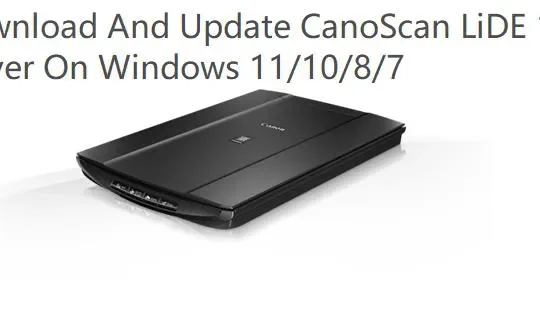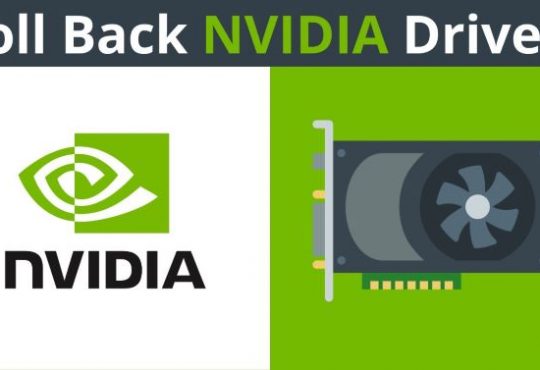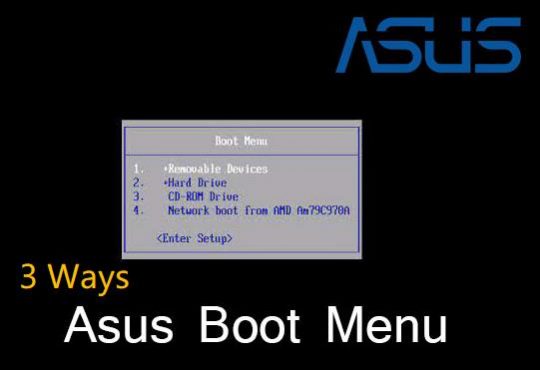It isn’t easy to think where we’d be today without the internet. We use it for daily activities, and even if you don’t believe you do, it’s likely that you are using it without realizing it. It’s just become ingrained in everyday life, from fitness trackers and working to instant messaging and other communications – even for looking up the weather.
And we use it across a lot of devices, too, including the powerhouse for all online activities, the reliable PC. Used worldwide by people, PCs are a great way to access the internet, use it for work, online play, and a lot more. So, you want to make sure your activity is private, right?
We don’t want to get into an argument as we know there are lots of Mac users out there. And it’s a never-ending debate as to which has the best hardware and whether Windows or iOS is better. We’ll leave that for you to shout out at your screen or take it up with a colleague.
The fact is, there are lots of people who use PCs for a variety of reasons, and we help you get the most from your Windows settings. They can be custom-built to enhance your gaming experience. They’re used by workers and students the world over. They’ve been streamlined to help people use them as multimedia solutions for watching shows or streaming music.
Suffice to say, a PC can get a lot of use. But one thing that’s a constant is that when you’re using your PC, you’re likely online. Unfortunately, being online isn’t the safest of places.
There are lots of things to be wary of when you’re using your PC online, but most of those are common knowledge — not making transactions over a website that isn’t safe, going onto an untrustworthy site in the first place, and not clicking on those blatant clickbait/spam banners. But sometimes, even if you are playing it safe, there’s always the chance that cybercriminals could get access to your information.
Even big brand websites have been victims of Distributed Denial of Service (DDoS) attacks – you might have got one of those groveling emails saying how they’re the victim, they lost your details, and they’re enforcing their security? We hope you haven’t.
In the US, it’s common knowledge for companies to sell your data to third-party companies, and law enforcement agencies and internet service providers (ISPs) are always keeping a watchful eye over online activity. So how do you keep your PC safe when you’re online?
Security software plays an important part. It can remove threats like viruses and try to stop things from happening in the first place. But you’re likely to install software after software if you go down that paranoia route, making your PC sluggish.
The Benefits of a VPN
A virtual private network (VPN) can easily be installed onto various Windows operating systems, giving your PC the online freedom you never knew you could have. You can read up about VPN Windows for your PC and see just exactly how it works and the range of benefits it brings because there are loads. And it’s easy to use too, which is always a bonus when utilizing new software. One simple install later, and you’ll have your VPN menu, from which you can turn the VPN off or on. You can select a server location, so from there, it’ll look like you’re logging in online from a completely different location.
This way, you can ensure your browsing remains private and your system remains secure, with military-grade encryption technology used at the heart of a VPN. Your ISP won’t know where your internet traffic is coming from, so you won’t be able to see what you’re up to, nor impose any restrictions. It will also help you avoid server failures.
And as for those snooping companies and law enforcement agencies, you can browse away without their prying eyes interfering. A reliable VPN will also benefit from extras such as a killswitch.
If the VPN connection ever turns off, then the software will automatically cut your connection to the internet, so you’re not online using your regular IP address. Once it’s sorted out, you can log back in via another IP address from a different location and enjoy browsing on your PC for safety.
Easy to install and simple to use, VPNs are a great way to protect your PC from opportunistic cybercriminals. It also helps you to keep your browsing private, so whether you’re sorting out your banking, streaming TV shows, or buying stuff online, you can do it all with nobody knowing what you’re up to.
More Articles:






